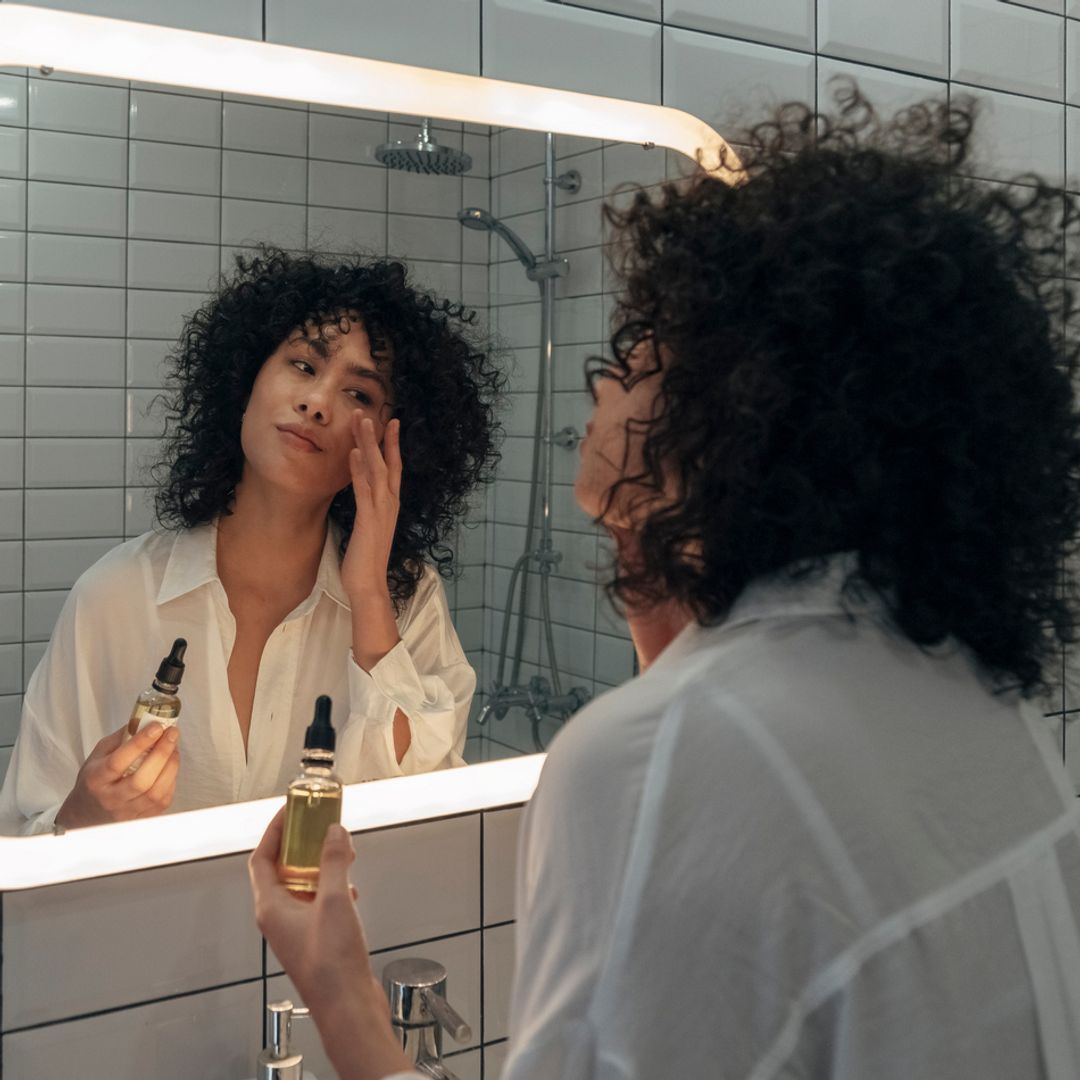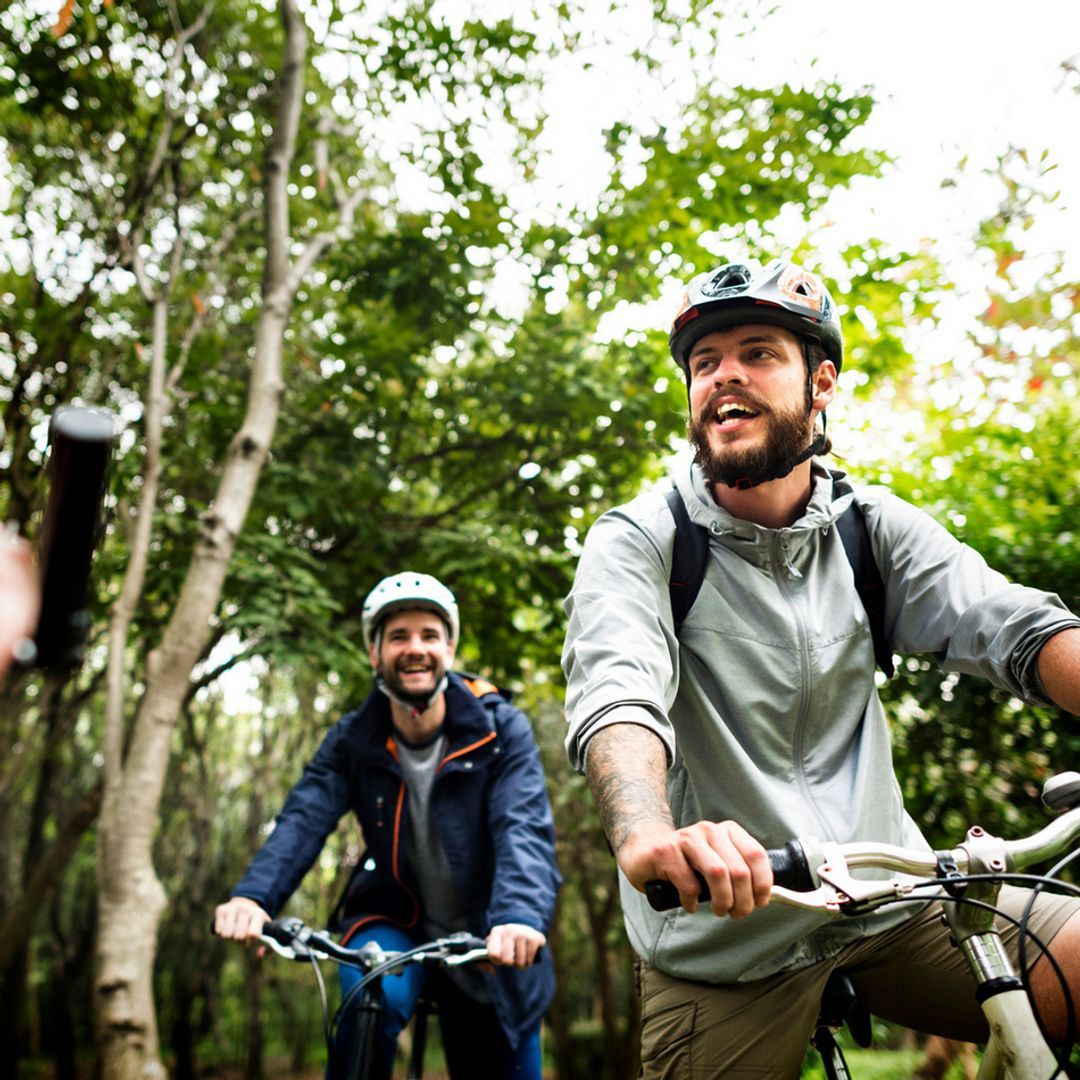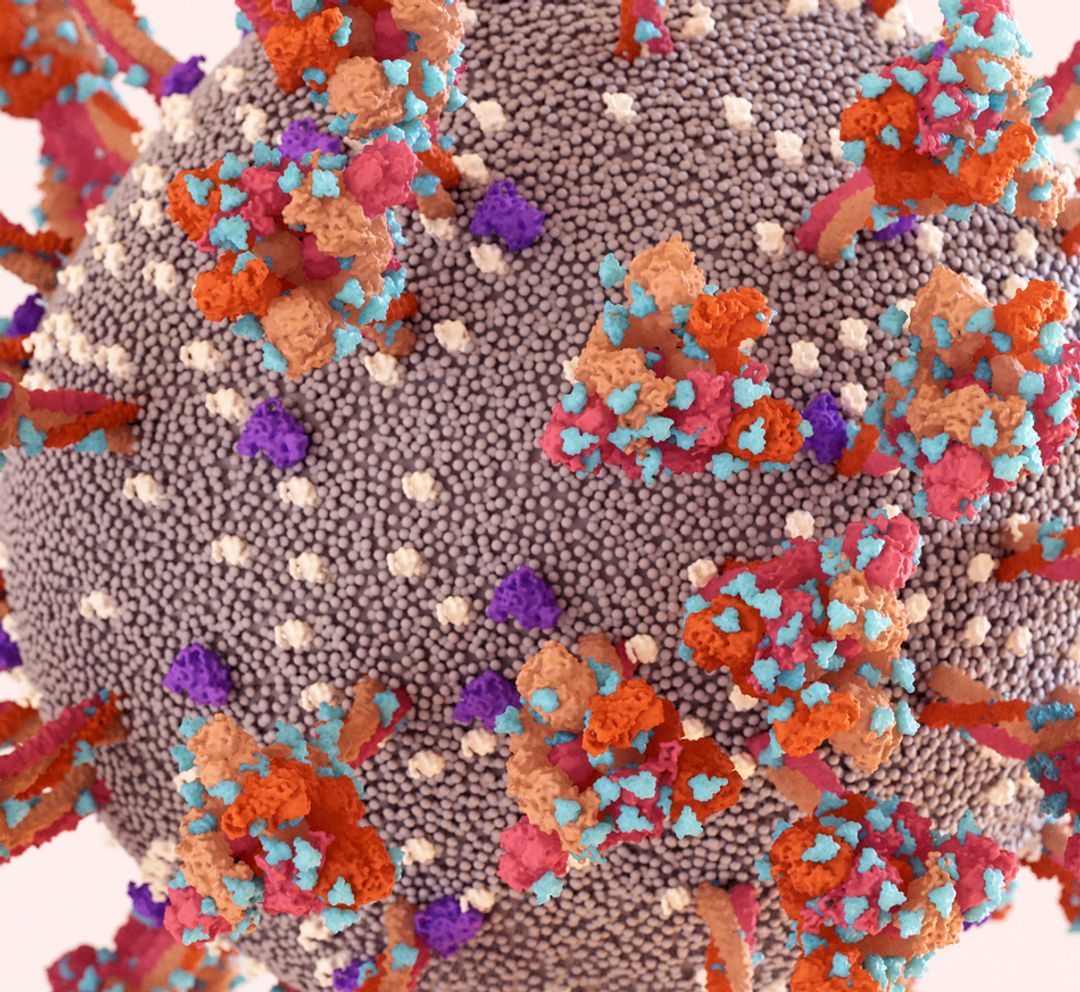Summary
- There’s a lot that can be done through smart lifestyle choices when it comes to slowing down the signs of ageing. It is important to realise that just because your older relatives may have some deep-set wrinkles, doesn’t necessarily mean the same will happen to you.
- Some of the most beneficial ways to stay looking and feeling younger can be achieved without the need for cosmetic surgery or expensive anti-ageing products. For example by staying out of the sun, drinking plenty of water, eating a healthy diet, staying active, getting decent sleep, and managing stress levels, you can slow down the ageing process.
- The ageing global population is one of our most well-recognised medical and social demographic challenges. We should all be taking responsibility for ensuring we are ageing as healthy as possible and focus on our functional abilities. Functional ability involves four main components: mobility, self-care, cognitive ability and interpersonal interaction.
- To check you are on the right ageing track, it is possible to take a biological age test. GlycanAge is a home test kit that measures the state of your immune system and inflammation using glycans. Once you have your test results, the GlycanAge team can support you in making the tweaks to your lifestyle so that you can take control of your age process.
Introduction
Although ageing is a natural process, you don't have to lie down and merely accept the signs of getting older as your body chronologically ages. You can do many things to slow the ageing process and keep yourself looking younger for longer.
A considerable amount can be done through smart lifestyle choices – some of these can even have a more significant impact than our inherited genes. This means that just because your mother has deep-set smile lines and age spots doesn’t necessarily mean you will too at the same age.
It is possible to look younger than your age, especially if you take care of yourself. But knowing how to start your anti-ageing journey can be a little tricky, so we have put together some top tips for staying young and healthy for longer. Carry on reading to discover how to keep your body and mind as young as possible.
Top Tips For Slowing Down Ageing

Use Sunscreen
You've probably heard this tip before, but it's worth repeating – wear sunscreen! It's one of the most important things you can do to protect your skin against ultraviolet rays, which can cause wrinkles, age spots and even skin cancer.
Don't believe us? Recent research published in the Canadian Medical Association Journal reported that we should avoid the midday sun, seek shade, wear protective clothing, and use sunscreen, especially if sun exposure is unavoidable.
To apply sunscreen properly, make sure you're wearing enough – which means at least one ounce for each leg and two ounces for the front of your body. You should also apply it between 15 to 30 minutes before going outside so that it can get absorbed properly and be effective. If possible, always use an eye cream with an SPF rating, too, to prevent wrinkle lines around the eye.
Stay Hydrated
Water is the ultimate anti-ageing drink, so make sure you are drinking enough of it every day. It helps keep you hydrated and your body working properly. When your body is dehydrated, it can make you feel sluggish, tired, and bloated.
Try to drink water before you get thirsty. Your thirst mechanism works by detecting a drop in blood sodium levels, but as the levels drop further, it can become harder for your brain to signal that you need more fluid. This also makes it harder for your kidneys to excrete excess water from the body (a process called diuresis).
It is also good to get into the habit of drinking water when you're feeling hungry. When we are hungry, our body releases certain hormones which signal hunger pangs. These hormones also tell us when we have eaten enough food by slowing down those hunger signals. Without them, there would be no way of knowing whether or not we were full.
As per American professors Lawrence E. Armstrong and Evan C. Johnson, the amount of water you need to drink each day will depend on your lifestyle. For example, a sedentary person will not need to drink as much as a very active person who will need to rehydrate to a greater extent. However, as a general rule, the NHS recommends we try to drink 6 to 8 glasses of fluid a day.
Eat Healthy Foods
Eating a balanced diet is essential for everyone, but it's especially important if you want to slow down ageing and stay looking younger for longer. The foods you eat can influence how your skin and body look and feel. Unsurprisingly, you should always try to include some vegetables and fruits into your daily meal plan. Here are the top foods for anti-ageing:
- Fruit and Vegetables – Luckily, there are lots of different types of fruits and vegetables to choose from, so you should be able to find something you enjoy. Most people find that eating at least five portions of fruit and veg a day helps keep them looking younger. Try to include at least one portion of green leafy veg in your diet daily, as this can help protect against sun damage and reduce wrinkles. Fruit and vegetables also contain an array of vitamins that can boost your immune system and keep your body running efficiently.
- Nuts – Nuts contain vitamin E, which protects against sun damage, and vitamin B6, which helps regulate hormones involved in production of sebum that may build up and cause breakout of acne. They also contain monounsaturated fats and antioxidants like vitamin A and selenium, which help boost immunity by strengthening cell membranes so they aren't damaged as easily by free radicals – free radicals, which, if generated in large amounts, are associated with premature ageing. The Journal of Ageing Research published an interesting paper in 2020 that lists anti-ageing benefits of nuts. The mentioned paper concludes that nut consumption is associated with a higher probability of health and well-being in older age.
- Meat and Fish – If you're not vegetarian or vegan, eating lean meat or fish once or twice a week will give you plenty of protein, which is essential for strong nails and healthy hair. You'll also get iron from these foods, which helps make red blood cells which carry oxygen around the body. All this helps keep your skin healthy and firm, so it may not sag as much as it might otherwise. Meat and fish contain zinc, too, which may also help in the prevention of skin acne.

Exercise Regularly
Staying active is one of the most important things you can do to slow down ageing and stay looking youthful. Exercise will help keep your heart, lungs, muscles, and bones healthy and strong. Not only will it help moderate weight, but it can also support your mental health and make you think more clearly.
It doesn't matter if you're just starting out or have been exercising for years — there are some simple things you can do to keep moving in the right direction. Telling yourself you don't have enough time is not a sufficient excuse. You don't have to exercise for hours every single day or spend hours at the gym. Just 30 minutes of moderate exercise three times a week can greatly slow ageing and boost your self-esteem.
Exercise keeps your muscles strong, your heart healthy, and your skin looking young. Aerobic exercise will help control your weight and improve the health of your heart, blood vessels and lungs. Strength training helps strengthen bones and muscles, reducing the risk of falls and injuries later in life. Exercise can also help lower stress, increase energy levels, and improve your mood.
Sleep More
Look at any anti ageing research, and most will agree that a good night's sleep is one of the most effective ways to stay young and healthy. Try going to bed before 10 pm so that your body has enough time to recover before starting a new day. Going to bed late can lead to poor quality sleep and exhaustion when you wake up.
Sleep is important for your overall health because it provides your body with time to repair itself. During sleep, the immune system produces antibodies that fight infections, while tissues and cells are repaired or renewed. If you don't get enough sleep, this process doesn't happen as effectively, and you may feel and look more tired and run-down during the day.
A lack of sleep has also been linked to increased levels of stress hormones like cortisol and inflammatory markers like C-reactive protein (CRP). Both are associated with accelerated ageing and chronic disease risk. In fact, some studies, such as the 2018 paper published in the Nature and Science of Sleep, show that getting less than seven hours of sleep per night can make you look older than a person who achieves more than 7 hours of sleep.
Manage Stress Levels
We can't escape stress altogether, and it's actually an important part of the human experience. Stress is a natural response to being in a dangerous situation, and it helps us react appropriately to that threat. For example, if you're walking home late at night and see someone following you, your stress levels will go up so that your body does what it needs to do to get out of danger.
However, chronic stress has been shown to be a contributing factor when it comes to ageing. Research in 2020 found in the Biomedicines Journal explains that when stress becomes chronic, it impacts cell health and can accelerate ageing.
We can do many things to help manage stress levels, and many of them will also slow down the ageing process. For example, exercising, eating a healthy diet, and getting plenty of rest. Other methods like deep breathing, enjoying hobbies and talking about problems can also help reduce stress and stop it from appearing all over our faces in the form of worry lines.
A Modern Approach To Ageing

Rapidly ageing population around the world is one of our most important medical and socio-demographic challenges. Addressing how such a population should be cared for in years to come should be a top priority. As individuals, we are also responsible for ensuring we're ageing as healthily as we can and focusing on our functional abilities.
Functional ability is a key determinant of quality of life, health, autonomy and dignity in old age. It can be an empowering factor for people to continue to contribute actively to society. Functional ability involves four components:
- Mobility
- Self-care
- Cognitive ability
- Interpersonal interaction
These components are interrelated and mutually reinforcing. Each contributes significantly to overall functional performance and should be considered when planning interventions to maintain or improve functional ability as we age.
You can discover your biological age to help ensure you're on the right track. GlycanAge is a home test kit that measures the state of your immune system and inflammation using glycans (sugar molecules) attached to the most common antibody in your blood, called Immunoglobulin G or IgG. Our kits are quick and easy to use with a simple finger prick test.
GlycanAge determines your biological age by looking at the balance between pro-inflammatory and anti-inflammatory functions of IgG. The type of glycans attached to IgG can change its function - more proinflammatory will result in older biological age. Once you have your test results, the GlycanAge team can support you in making necessary changes to your lifestyle so that you may feel more empowered in controlling your ageing process.
Closing Thoughts
Ageing is inevitable, but as you now know, there are things you can do to slow down the process. Remember that it is not just about looking young on the outside but also feeling great on the inside. By following the simple tips above, you can make sure that you stay healthier for longer and live an enjoyable life for years to come!
Frequently Asked Questions (FAQs)
Is it possible to slow down ageing?
Yes, it's entirely possible. You can do plenty of things to slow down the ageing process and keep looking younger for longer. For example, exercise, drink water, eat plenty of fruit and vegetables, and manage stress levels.
Why am I suddenly ageing so fast?
Ageing is a natural process that we all go through, but some people will age more quickly than others. This is usually because of lifestyle factors such as a poor diet, lack of exercise, high-stress levels and unhealthy habits like smoking.
What slow signs of ageing?
There are several ways to slow down the signs of ageing, including eating more fruit and vegetables, drinking less alcohol and exercising regularly. It is also worth staying socially active as becoming isolated in our older years can speed up ageing.
At what age do you show signs of ageing?
You'll start showing signs of ageing when your skin loses its elasticity around 30 years old. The most significant indicator of age will be wrinkles around your eyes or forehead. You may also notice fine lines on your hands, neck and chest area, as well as hair thinning and hair loss.
What should I do to avoid looking older?
One of the best ways not to age prematurely is by avoiding smoking and heavy drinking, which can lead to premature wrinkling and grey hair. It is also smart to stay out of the sun, especially during mid-day when the UV rays will be at their strongest.
References
https://www.ncbi.nlm.nih.gov/pmc/articles/PMC7759112/
https://www.mdpi.com/2072-6643/10/12/1928/htm
https://www.ncbi.nlm.nih.gov/pmc/articles/PMC7199627/
https://www.ncbi.nlm.nih.gov/pmc/articles/PMC6267703/
https://www.ncbi.nlm.nih.gov/pmc/articles/PMC7400286/
https://glycanage.com/price-and-plans/
https://www.ncbi.nlm.nih.gov/pmc/articles/PMC7250103/




